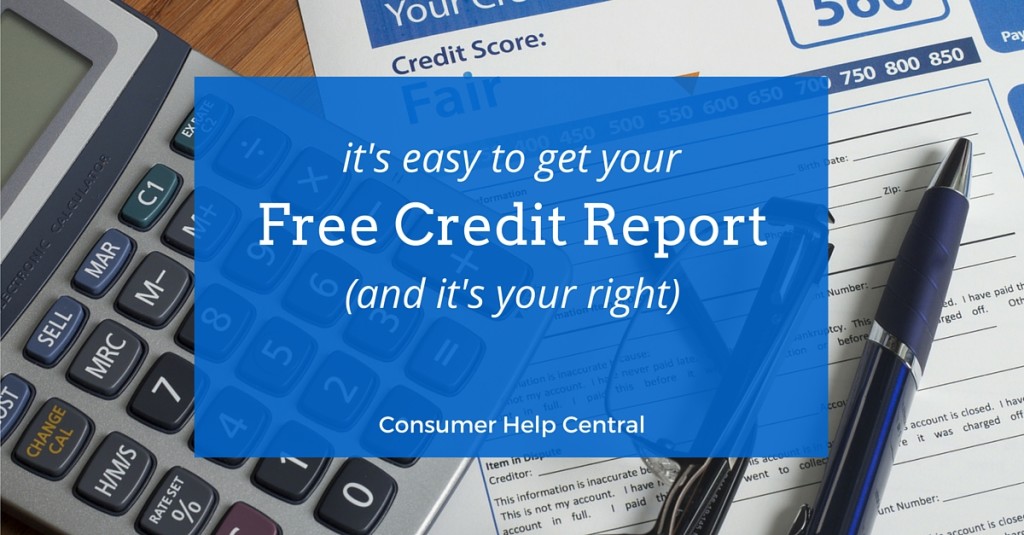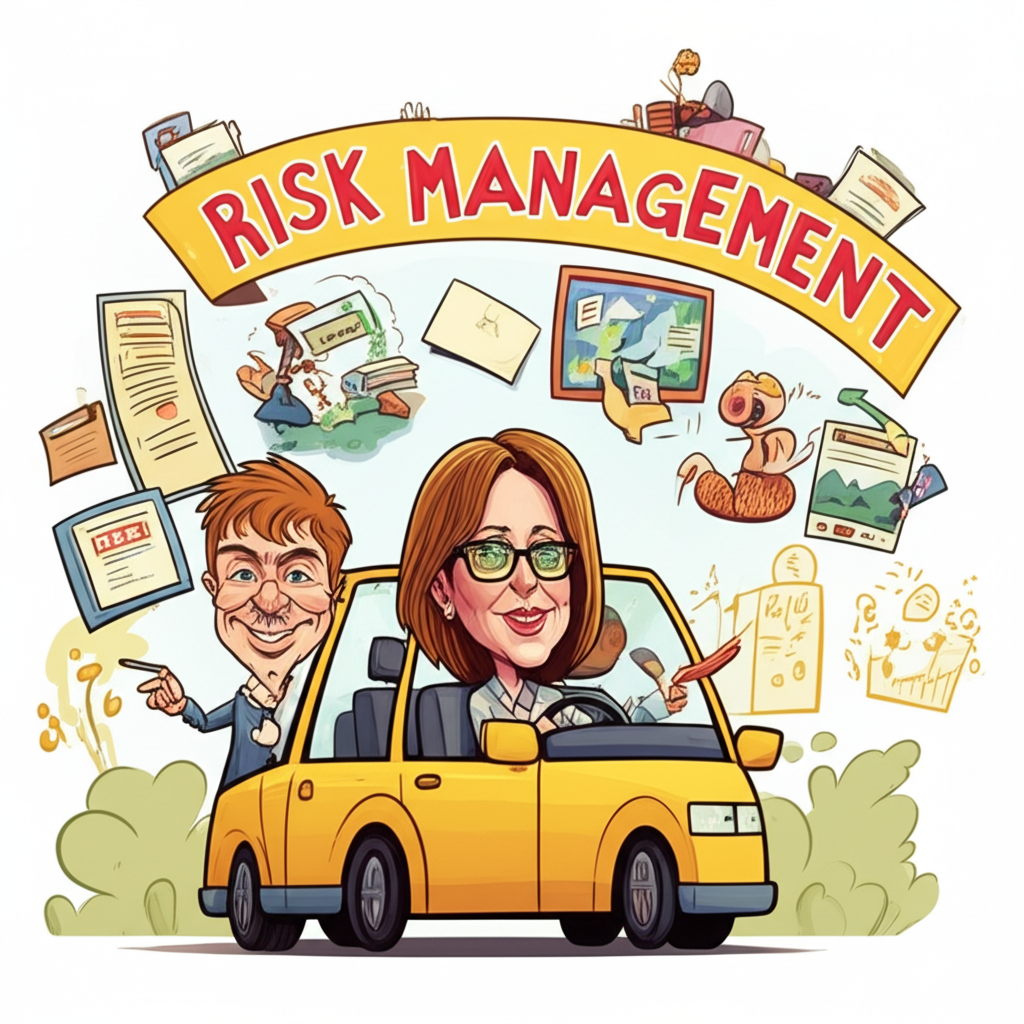
How to Get Your Free Credit Report: A Beginner’s Guide to Financial Health
In today’s financial world, your credit report is more than just a document; it’s a powerful reflection of your financial habits and a key to unlocking major life milestones. Whether you’re dreaming of buying a home, financing a car, getting a new credit card, or even applying for a job, your credit report plays a crucial role.
But here’s the good news: checking this vital document doesn’t have to cost you a dime! By law, you’re entitled to a free copy of your credit report from each of the three major credit bureaus every year.
This comprehensive guide will walk you through everything you need to know about getting your free credit report, understanding what’s inside, and why it’s so incredibly important for your financial well-being. Let’s demystify the process together!
What Exactly Is a Credit Report? (And What It Isn’t!)
Before we dive into how to get it, let’s clarify what a credit report is.
A credit report is a detailed summary of your credit history. Think of it as your financial resume, listing all your past and present credit accounts, how consistently you’ve paid your bills, and any significant financial events like bankruptcies or foreclosures.
It’s crucial to understand what a credit report isn’t:
- It’s NOT your credit score. While your credit report provides the data used to calculate your credit score (like your FICO Score or VantageScore), the report itself doesn’t typically include the score. Your report is the raw data; your score is a numerical interpretation of that data.
- It’s NOT just one document. There are three main credit reporting agencies, also known as credit bureaus, that collect and maintain your credit information:
- Experian
- Equifax
- TransUnion
Each bureau may have slightly different information, as not all creditors report to all three. That’s why it’s essential to check all three.
What Information Does Your Credit Report Contain?
Your credit report is packed with information that helps lenders assess your creditworthiness. Here’s a breakdown of what you’ll typically find:
- Personal Information: Your name, current and previous addresses, Social Security number, date of birth, and employment history. This helps identify you.
- Credit Accounts: This is the bulk of your report. It lists all your credit accounts, including:
- Credit cards
- Mortgages
- Auto loans
- Student loans
- Personal loans
For each account, you’ll see the creditor’s name, account number (often masked for security), type of account, date opened, credit limit or original loan amount, current balance, and your payment history (whether you’ve paid on time, late payments, etc.).
- Public Records: Information from public sources, such as:
- Bankruptcies
- Foreclosures
- Tax liens (though most paid tax liens no longer appear)
- Civil judgments (generally no longer appear on credit reports)
- Inquiries: A list of everyone who has accessed your credit report. There are two types:
- Hard Inquiries: Occur when you apply for new credit (e.g., a loan, credit card). These can temporarily lower your credit score by a few points and remain on your report for two years.
- Soft Inquiries: Occur when you check your own credit report, or when a lender pre-approves you for an offer. These do not affect your credit score and are only visible to you.
Why is Getting Your Free Credit Report So Important?
Accessing your credit report regularly is one of the smartest financial habits you can adopt. Here’s why it’s absolutely crucial:
- Spot and Correct Errors: Mistakes happen! Data entry errors, mixed-up files, or even fraudulent accounts can appear on your report. These errors can significantly lower your credit score and prevent you from getting approved for loans or favorable interest rates. Regular checks allow you to catch and dispute them promptly.
- Protect Against Identity Theft: Your credit report is a frontline defense against identity theft. If a thief opens accounts in your name, those accounts will show up on your report. By reviewing it, you can identify suspicious activity, such as:
- Accounts you don’t recognize
- Inquiries you didn’t authorize
- Incorrect personal information
- Understand Your Financial Health: Your report offers a comprehensive overview of your financial obligations. It shows you how much debt you have, how well you’re managing it, and where you might need to improve. This insight is invaluable for budgeting and financial planning.
- Prepare for Major Purchases: Before applying for a mortgage, car loan, or even a rental apartment, reviewing your credit report allows you to address any issues beforehand. This helps ensure you’re putting your best foot forward and can secure the best possible terms.
- Monitor Your Progress: If you’re actively working to improve your credit, checking your report helps you track your progress. You can see how timely payments, reduced debt, or new accounts are positively impacting your history.
The Official Way: AnnualCreditReport.com
The single, most important website you need to know for getting your free credit report is AnnualCreditReport.com. This is the only website authorized by federal law to provide consumers with a free copy of their credit report from each of the three nationwide credit reporting companies: Experian, Equifax, and TransUnion.
Important Note on Frequency: By law, you are entitled to one free credit report from each of the three bureaus every 12 months. However, due to the COVID-19 pandemic, the three credit bureaus have made weekly free credit reports available through AnnualCreditReport.com until December 31, 2023. This is an unprecedented opportunity to monitor your credit more frequently!
Step-by-Step Guide to Getting Your Free Report from AnnualCreditReport.com:
The process is straightforward and designed to be secure. Follow these steps:
- Go to the ONLY Official Website: Open your web browser and type in
www.AnnualCreditReport.com. Be extremely careful to avoid look-alike or phishing sites. This is the only legitimate source. - Click "Request Your Free Credit Reports": You’ll see a prominent button or link to start the process.
- Fill Out Your Personal Information: You’ll be asked to provide identifying details to verify your identity. This typically includes:
- Your full name
- Current and previous addresses (if applicable)
- Date of birth
- Social Security Number
- Your phone number and email address (optional, but helpful for confirmation)
- Tip: Ensure your information is entered exactly as it appears on official documents.
- Choose Which Reports You Want: You’ll be given the option to select one, two, or all three credit bureaus (Experian, Equifax, TransUnion).
- Recommendation for Beginners: For your first time, it’s highly recommended to request all three reports at once. This gives you a complete picture and allows you to compare them for consistency.
- Advanced Strategy (Staggering): If you plan to check your reports more frequently (especially with the temporary weekly access), you might consider staggering your requests. For example, request Experian’s report now, Equifax’s in four months, and TransUnion’s in another four months. This gives you fresh insight throughout the year without having to wait a full 12 months for a new report from the same bureau.
- Answer Security Questions: To confirm your identity, each bureau will ask you a series of personal questions based on information in your credit file. These might include:
- "Which of the following streets have you previously lived on?"
- "Which of these banks holds your mortgage?"
- "What was the payment amount on your auto loan opened in 2018?"
- Be prepared: Some questions might be about accounts you closed years ago. If you don’t know an answer, there’s usually an option like "None of the above" or "I don’t know." Answering incorrectly too many times might lock you out, requiring you to mail in a request.
- View and Save/Print Your Reports: Once you’ve successfully answered the security questions for a bureau, your credit report will be displayed.
- DO NOT close the window without saving or printing! Once you exit that screen, you won’t be able to access that specific report again for free until your next annual entitlement (or next week if the temporary weekly access is still in effect).
- Save as a PDF: This is the easiest way to keep a digital copy.
- Print a Hard Copy: Having a physical copy can be helpful for reviewing and highlighting.
Other Ways to Access Your Credit Report (Beyond AnnualCreditReport.com)
While AnnualCreditReport.com is the official and most comprehensive free source, there are other ways you might access parts of your credit report, often alongside a free credit score. These services typically provide data from one of the three bureaus and update more frequently.
- Free Credit Monitoring Services:
- Credit Karma: Provides free credit scores and reports from TransUnion and Equifax. It updates frequently and offers tools to monitor changes.
- Credit Sesame: Offers a free credit score and report from TransUnion.
- Experian’s Free Report and Score: Experian offers a service directly on its website that provides a free Experian credit report and FICO Score 8, updated monthly.
- Pros: Frequent updates, often include a free credit score, offer helpful educational resources.
- Cons: Usually only provide data from one or two bureaus (not all three), may show you targeted advertisements for financial products.
- Your Bank or Credit Card Company: Many banks and credit card issuers now offer free access to your credit score and sometimes a summarized version of your credit report as a perk for their customers. Check your online banking portal or credit card statement.
- After Being Denied Credit: If you are denied credit (e.g., a loan, credit card, or insurance) based on information in your credit report, the lender is legally required to send you an "adverse action notice." This notice will tell you which credit bureau they used and that you have a right to a free copy of that specific report within 60 days of the denial.
- If You’re a Victim of Fraud: If you’ve placed a fraud alert on your credit report or are a confirmed victim of identity theft, you may be entitled to additional free reports.
What to Do After You Get Your Report
Getting your report is just the first step. The real value comes from carefully reviewing it and taking action if necessary.
How to Review Your Credit Report: A Checklist
Go through each section of your report with a fine-tooth comb. Look for:
- Personal Information Accuracy: Is your name, address, Social Security number, and date of birth correct? Are there any addresses you don’t recognize?
- Account Accuracy:
- Accounts You Don’t Recognize: This is a major red flag for identity theft.
- Closed Accounts Marked Open: An account you closed years ago might still show as open.
- Incorrect Account Balances or Credit Limits: Are the numbers accurate?
- Incorrect Payment Status: Are payments marked late when you paid on time? Are accounts marked "charged off" or "collections" when they shouldn’t be?
- Duplicate Accounts: Is the same account listed multiple times?
- Hard Inquiries You Didn’t Authorize: Did you apply for every loan or credit card that generated a hard inquiry?
- Public Records: Are there any bankruptcies or other public records listed that aren’t yours or are inaccurate?
How to Dispute Errors on Your Credit Report
If you find an error, don’t panic – but act quickly! You have the right to dispute inaccurate information with the credit bureau and the creditor.
- Gather Your Evidence: Collect any documents that support your claim (e.g., cancelled checks, payment confirmations, account statements).
- Contact the Credit Bureau:
- Each credit bureau (Experian, Equifax, TransUnion) has a formal dispute process, usually online, by mail, or by phone. Online is often the fastest.
- Clearly explain what information you are disputing and why. Provide any supporting documentation.
- The bureau must investigate your dispute, usually within 30 days (45 days if you provide additional information during the investigation period).
- Contact the Creditor (Optional, but Recommended): It’s also a good idea to contact the company that reported the information (e.g., your bank, credit card company) directly. They can also investigate and correct errors.
- Keep Records: Document everything: dates of contact, names of people you spoke with, copies of letters, and confirmation numbers.
What If You Find Identity Theft?
If you suspect identity theft (e.g., accounts you never opened, unknown inquiries), take these immediate steps:
- Place a Fraud Alert or Credit Freeze:
- A fraud alert makes it harder for identity thieves to open new accounts in your name by requiring lenders to take extra steps to verify your identity. You only need to contact one bureau; they will notify the other two.
- A credit freeze (also called a security freeze) completely locks down your credit report, preventing anyone (including you) from opening new credit accounts. This is the strongest protection. You must contact all three bureaus separately to place a freeze.
- File an Identity Theft Report:
- File a report with the Federal Trade Commission (FTC) at IdentityTheft.gov. This provides you with an official Identity Theft Report.
- File a police report with your local law enforcement agency.
- Close Fraudulent Accounts: Contact the creditors where fraudulent accounts were opened and close them.
Common Myths & FAQs About Free Credit Reports
Let’s clear up some common misconceptions that might be holding you back from checking your report.
Q: Is it really free? There must be a catch, right?
A: Yes, it is absolutely free through AnnualCreditReport.com. There is no catch, no hidden fees, and no requirement to sign up for paid services. This entitlement is mandated by the Fair Credit Reporting Act (FCRA).
Q: Does checking my own credit report hurt my credit score?
A: No! When you check your own credit report through AnnualCreditReport.com or a free credit monitoring service, it’s considered a "soft inquiry." Soft inquiries do not impact your credit score. Only "hard inquiries" (when a lender checks your credit because you applied for new credit) can slightly lower your score.
Q: How often can I get my free credit report?
A: By law, you’re entitled to one free report from each of the three bureaus every 12 months. However, until December 31, 2023, you can get weekly free reports from all three bureaus through AnnualCreditReport.com. Take advantage of this!
Q: Is a credit report the same as a credit score?
A: No, they are different but related. Your credit report is the detailed history of your credit accounts and payment behavior. Your credit score is a three-digit number derived from the information in your credit report, which lenders use to quickly assess your creditworthiness.
Q: Why would I need to check all three reports if they’re supposed to be the same?
A: They are often not exactly the same. Creditors may report to only one or two of the bureaus, not all three. This means an error or a specific account might appear on one report but not another. To get a complete and accurate picture, checking all three is crucial.
Take Control of Your Financial Future!
Getting your free credit report is a fundamental step toward building and maintaining strong financial health. It empowers you to:
- Be proactive in managing your financial life.
- Protect yourself from identity theft and fraud.
- Ensure accuracy in your financial record.
- Make informed decisions about your credit.
Don’t wait until you’re applying for a major loan to discover a problem. Make checking your free credit reports a regular part of your financial routine. With the current availability of weekly reports, there’s never been a better time to start! Visit AnnualCreditReport.com today and take the first confident step towards a healthier financial future.




Post Comment